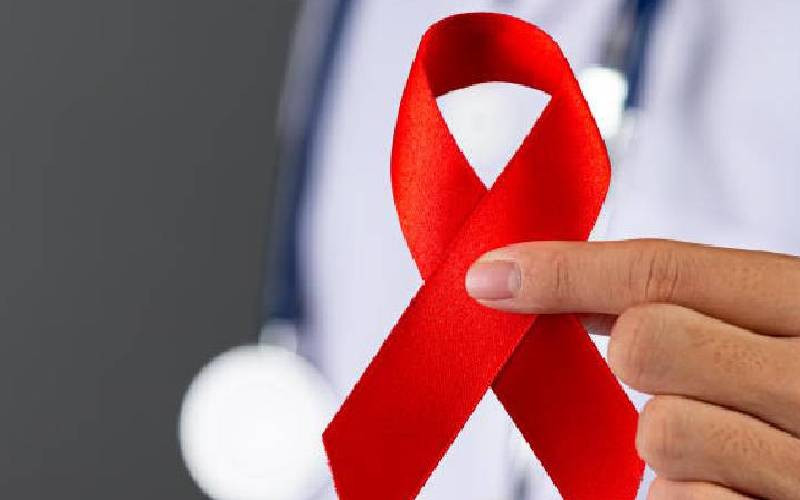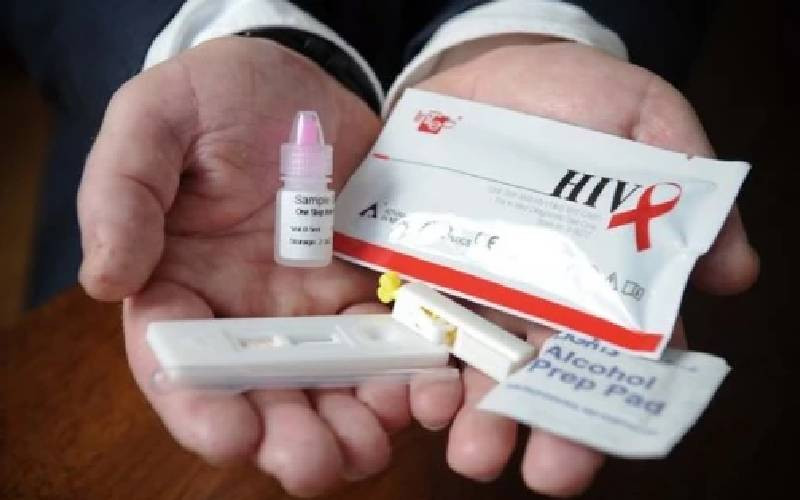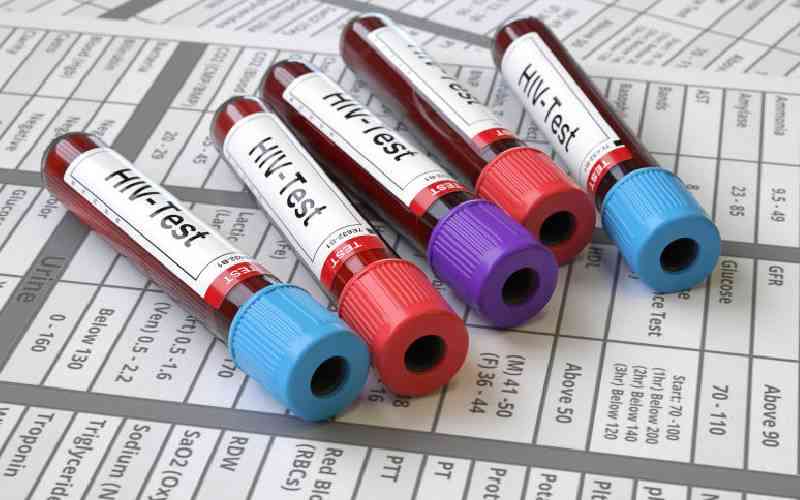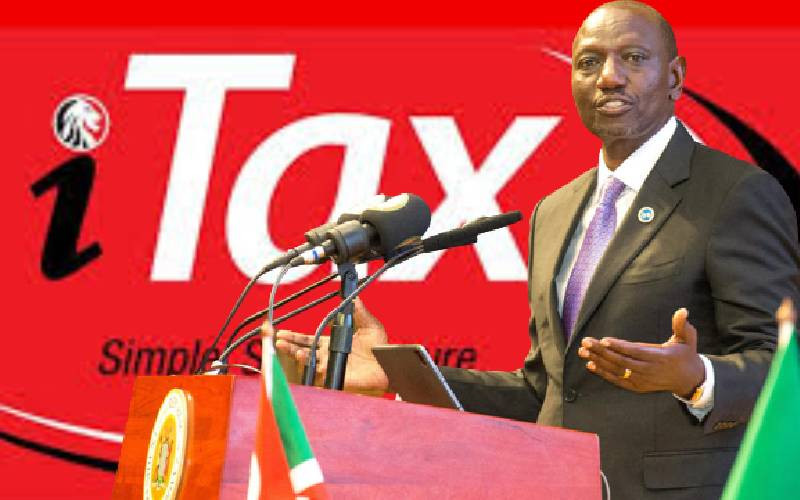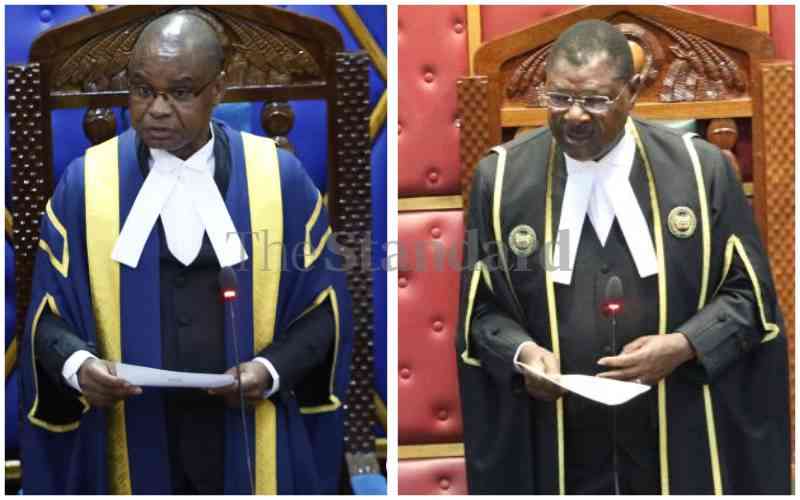The Kenya Institute for Curriculum Development is currently in the process of reviewing the school curriculum.
This is a great opportunity to create a cultural and religiously sensitive, age-appropriate sexuality education curriculum for Kenyan learners at primary and secondary school levels.
In the recent past, several studies have been published showing that Kenyan youth are making their sexual debut while they are still very young.
The most recent one, the Kenya Demographic and Health Survey 2014, reveals that many Kenyans aged between 15 – 18 years are having sex and too many of them do not have sufficient knowledge about HIV transmission and prevention.
On average, about 2 out of 10 boys and girls have their first sexual encounter by age 15, which rises to about 5 out of 10 by age 18. Sadly, by age 15, three per cent of girls are already child bearing and this rises to 40 per cent by age 19. Another worrying statistic shows that knowledge of HIV transmission and prevention is below 50 per cent for youth aged 15 – 17 years old.
With such information in mind, it is important for Kenya to consider incorporating age-appropriate sexuality education in the school curriculum.
Lately, there has been heated debate with stakeholders taking diverse positions on the concept of having sexuality education taught in Kenyan schools.
Their main argument has been that providing such information to school-going Kenyan youth will be like giving them a licence to engage in sexual activity. However, research disapproves this argument.
Indeed, some studies demonstrate that age-appropriate sexuality education programmes can help young people delay their sexual debut.
Some opponents argue that age-appropriate sexuality education will lead the youth away from our culture and traditions. This argument too, is not true as it is possible to create a culturally sensitive curriculum.
Studies show that school-going youth are engaging in sexual activity and rather than hide from this fact, we should provide them with age-appropriate knowledge about their sexual and reproductive health.
This knowledge will equip them with life skills thereby shielding them from coercion, sexually transmitted infections and unintended pregnancy.
Age-appropriate sexuality education is taught over several years, gradually introducing age-appropriate information consistent with the changing capacities of students.
It provides scientifically accurate, curriculum-based information about human development, anatomy and pregnancy.
Also included in comprehensive sexuality education is information about sexually transmitted infections (STIs), including HIV.
Stay informed. Subscribe to our newsletter
Truth is, growing up in the information age; Kenyan youth are at risk of misinformation and exposure to plenty of inappropriate sexual content. Many of them have access to mobile phones, the Internet and social media. Moreover, they have access to highly sexualized TV, print and radio content.
By providing school-going youth with age-appropriate sexuality education, we will improve their chances of making informed choices about their sexuality.
We owe it to society to equip them with knowledge that will help the youth avoid coercion, sexually transmitted infections and unintended pregnancies.
Strategic investment in education can allow young people to claim their right to health and development and enable them make a healthy transition from adolescence into adulthood, thereby greatly expanding their options for the future.
 The Standard Group Plc is a
multi-media organization with investments in media platforms spanning newspaper
print operations, television, radio broadcasting, digital and online services. The
Standard Group is recognized as a leading multi-media house in Kenya with a key
influence in matters of national and international interest.
The Standard Group Plc is a
multi-media organization with investments in media platforms spanning newspaper
print operations, television, radio broadcasting, digital and online services. The
Standard Group is recognized as a leading multi-media house in Kenya with a key
influence in matters of national and international interest.
 The Standard Group Plc is a
multi-media organization with investments in media platforms spanning newspaper
print operations, television, radio broadcasting, digital and online services. The
Standard Group is recognized as a leading multi-media house in Kenya with a key
influence in matters of national and international interest.
The Standard Group Plc is a
multi-media organization with investments in media platforms spanning newspaper
print operations, television, radio broadcasting, digital and online services. The
Standard Group is recognized as a leading multi-media house in Kenya with a key
influence in matters of national and international interest.

